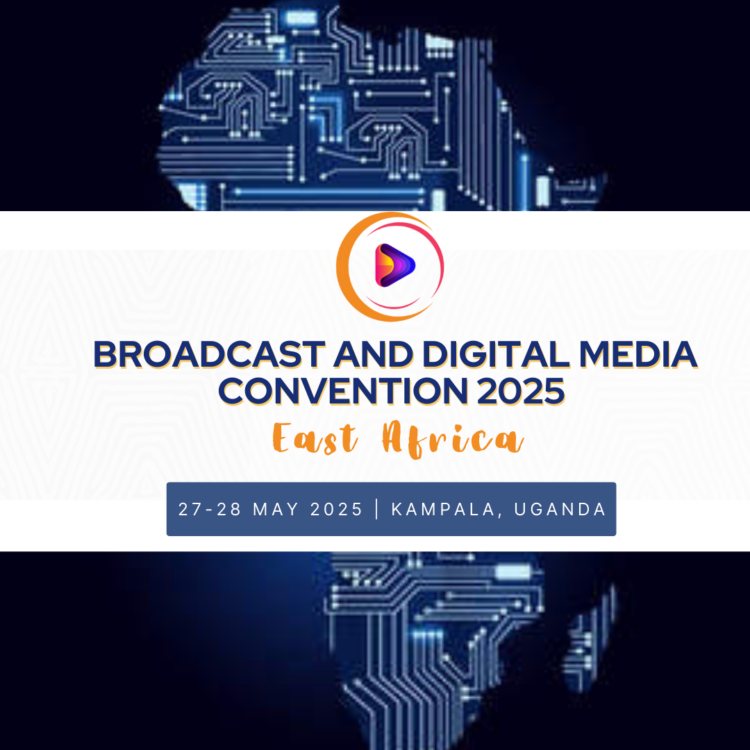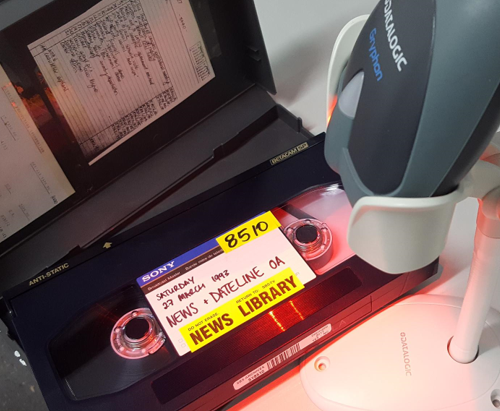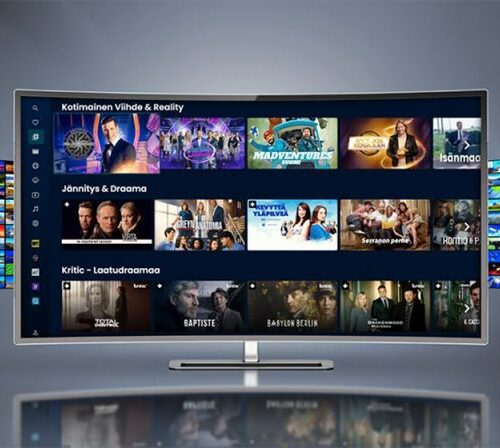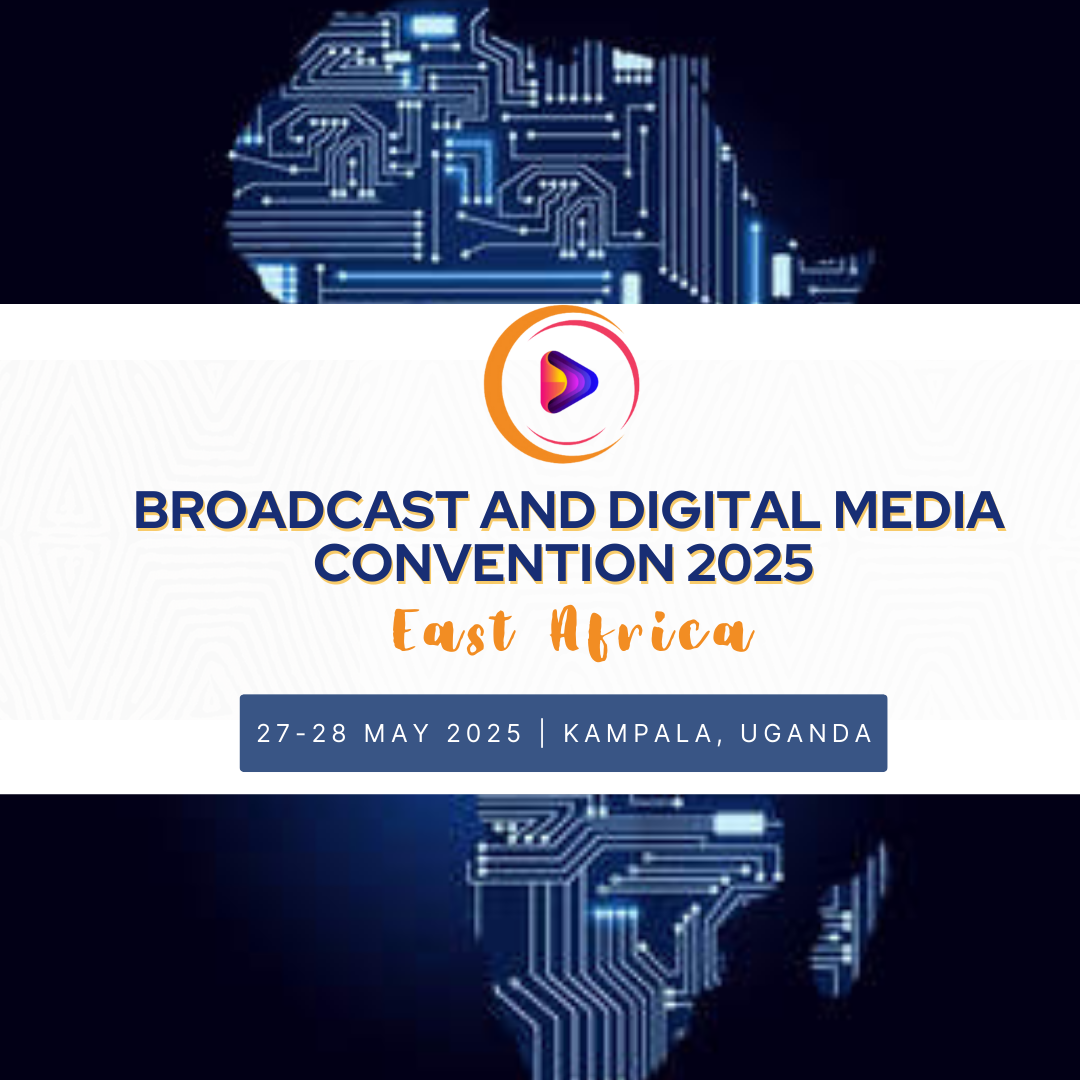
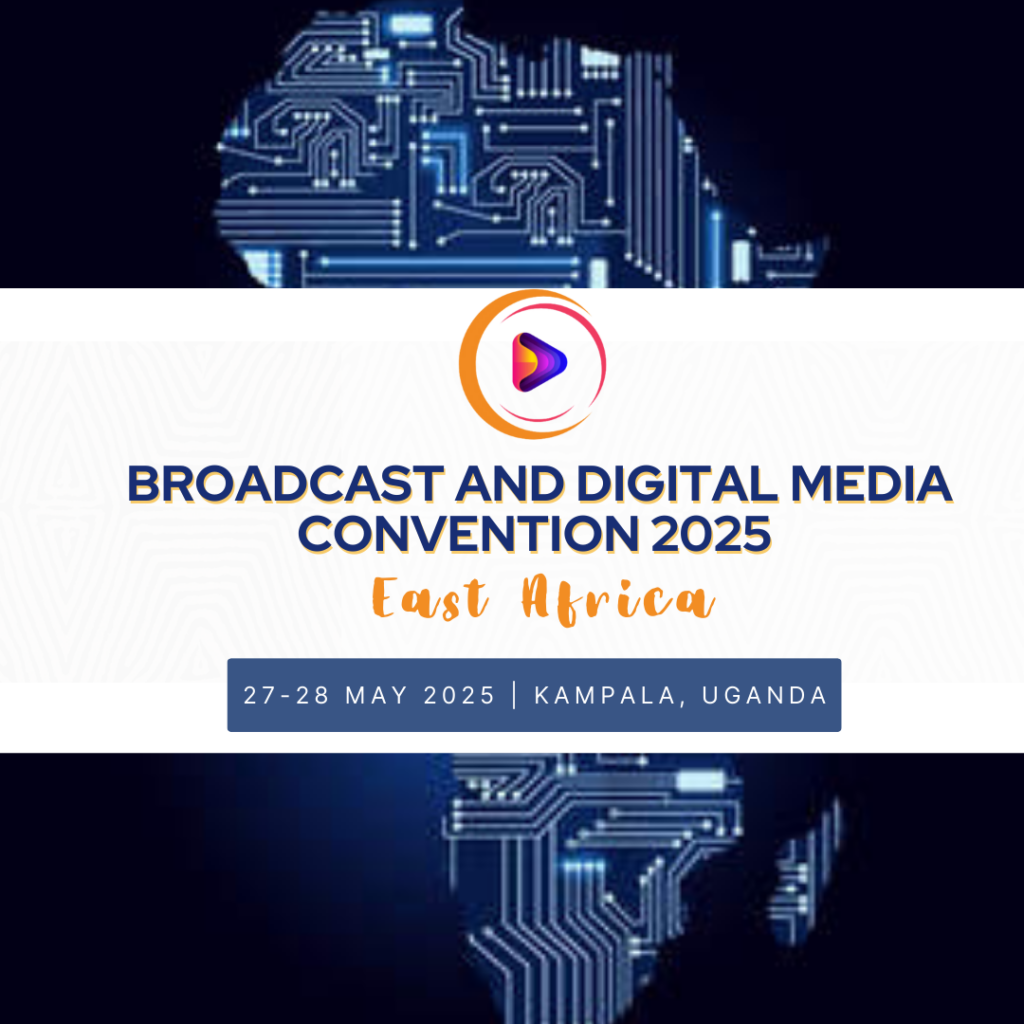
Africa’s media landscape is transforming. With broadcast networks and platforms always seeking authentic local content craved by their audiences, the question remains: Should broadcasters license, co-produce, commission, or—as it seems to be happening a lot these days—sell airtime to anyone seeking to fly ‘any’ content?
This article reviews the pros and cons of the options (or combinations) available to broadcast professionals and executives across the continent.
Licensing content has long been a favoured option in markets where established production houses churn out a steady flow of films and TV series. Licensing allows platforms to quickly expand their content libraries without the high production costs.
However, this approach, of course, does have its limitations. Because licensed content is often sold to multiple buyers, broadcast platforms can struggle to offer something exclusive, making it harder to build a unique brand identity. Additionally, licensing deals are temporary; once the rights expire, the content is no longer available unless renewed—often at a higher price.
Co-producing content, as an acquisition strategy, has gained traction recently, particularly with international platforms looking to tap into Africa’s rich storytelling traditions. Co-productions balance cost-sharing and creative input, giving local producers access to better resources while allowing platforms to shape the content to suit their audience. But co-productions also come with challenges. Since multiple parties are involved, negotiations over revenue-sharing, rights ownership, and creative direction can be complex. Sometimes, the involvement of international stakeholders leads to compromises in storytelling, as producers must cater to diverse audiences rather than staying purely authentic to local narratives. Co-productions often take longer to execute, as aligning different teams across borders can be time-consuming.
Commissioning original content offers platforms the most control, resulting in unique, platform-owned content that cannot be found elsewhere, making it a strong tool for audience retention. However, we all know that commissioning is the most expensive route, requiring significant financial investment. And unlike licensing, where content is already tested in the market, commissioned productions carry a higher risk—there’s no guarantee that the audience will embrace the final product.
The best strategy for broadcasters in Africa should involve a mix of all three options. Finding the right balance between cost, control, and creative impact is key.
Broadcasters selling their airtime to the highest bidder with the attendant lack of control should be prohibited.
[This article is written by Benjamin Pius (Publisher @ BMA) as part of the forthcoming Broadcasters Convention – East Africa on 27th – 28th May 2025 in Kampala, Uganda. Learn more about the event here]




